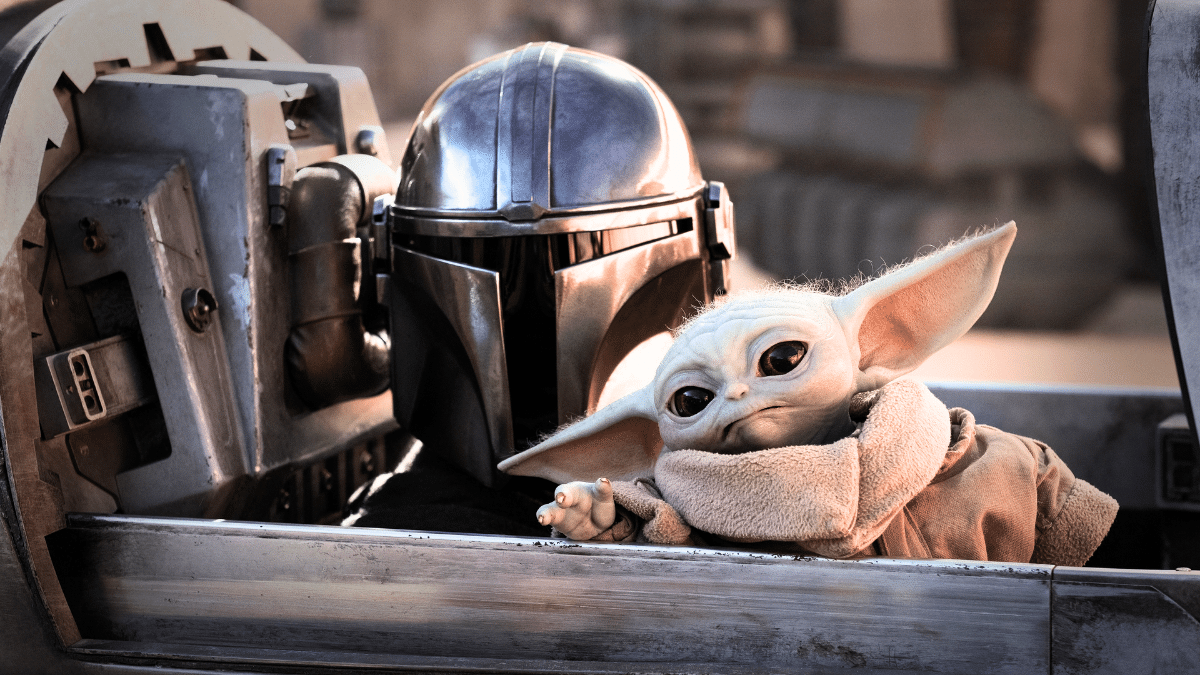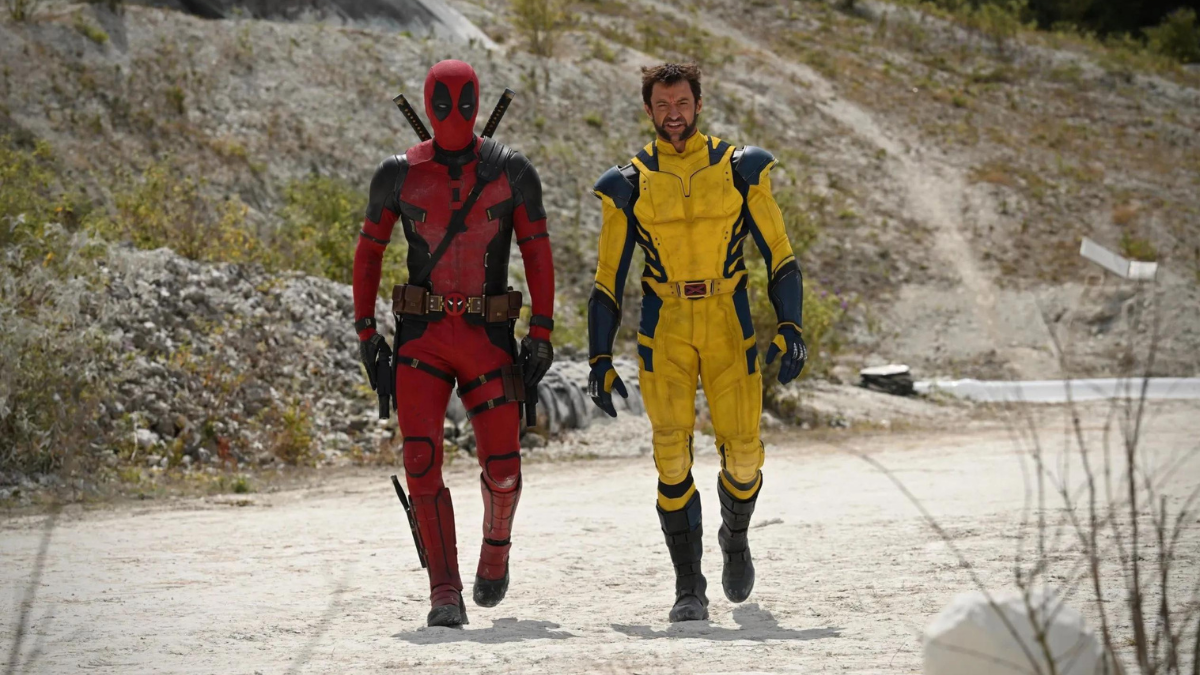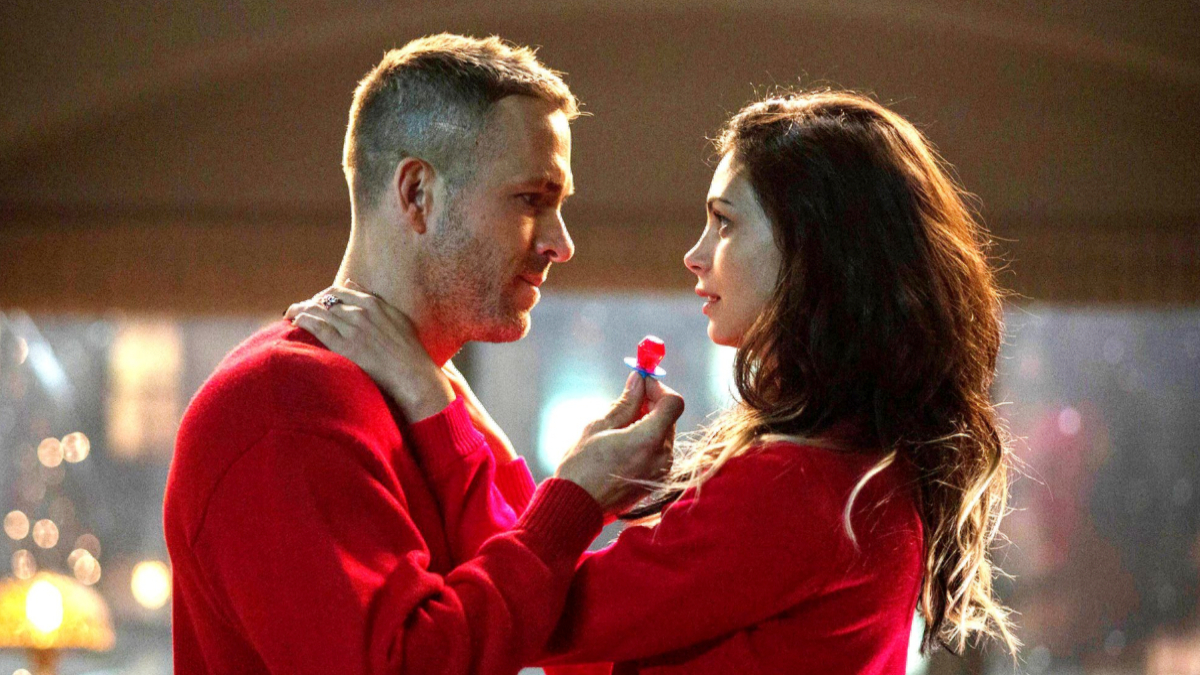If you’ve been keeping up with Disney, you know 2023 has not been kind to the Mouse House. Disney has been torn to shreds this year for its run of box-office blunders, from Ant-Man & the Wasp: Quantumania to Indiana Jones and the Dial of Destiny, and the entertainment giant continues to invest copious amounts of money into films audiences just aren’t connecting with, if they even bother to see them at all. Despite this, Disney’s recent Q3 report shows it’s not all doom and gloom for the company either; while Disney’s losses are quite high (to the tune of a reported $460 million), it isn’t impossible to turn this ship around.
One way Disney’s trying to recoup some of those funds is by seemingly following in Netflix’s footsteps by raising the prices of both Disney Plus and Hulu subscriptions. When Disney reported its Q2 earnings, it reported a loss of 4 million subscribers after Disney Plus Hotstar lost the streaming rights to Indian Premiere League cricket matches; with the new price hikes, it looks like Disney could be in for a comparable loss soon.
Meanwhile, the Q3 report also included a list of both Disney Plus and theatrical releases coming out between Sep. 2023 and June 2024. Eagle-eyed viewers didn’t take long to notice some titles were missing from the list, including the first Deadpool film to be released under Disney. Disney has yet to comment or confirm if these projects are actually delayed, but CEO Bob Iger is trying a new tactic — read: playing nice — to prevent delays and end the WGA and SAG-AFTRA strikes as soon as possible.
Disney Plus and Hulu are drastically raising their prices, causing subscribers to lament the prices of yore

Disney has announced significant price hikes to both Disney Plus and Hulu’s premium subscription tiers and as you’d expect, subscribers aren’t too thrilled by the news. Disney Plus’ ad-free subscription price will go up from $10.99 to $13.99 per month, while Hulu’s ad-free subscription price will jump from $14.99 to $17.99 per month. The new price points are a far cry from Disney Plus’ introductory rate of $6.99 per month just four short years ago.
Subscribers are already taking to social media to vent their frustrations, and many are threatening to cancel their subscriptions entirely. A common gripe among these frustrated viewers is just how much Disney Plus has increased in price since it was introduced in 2019, with many calling the price hike an example of blatant corporate greed. Given Disney’s latest run of poorly-received shows like Secret Invasion, it’s no surprise subscribers don’t feel the streamer’s content justifies its raised price.
It doesn’t help that Iger also explained Disney will be cracking down on password sharing sometime in 2024 much like its competitor Netflix. While the internet wasn’t too happy with Netflix limiting passwords, it proved to be a huge success for the streaming platform, so it’s no surprise Disney is following suit. It’s certainly one way to try to amend Disney Plus’ loss in subscribers from Q2.
Raising prices on the premium subscription tiers is part of a strategy to encourage subscribers to transition to ad-supported plans or to bundle up. Both Disney Plus and Hulu’s ad-supported plans will stay the same price of $7.99 per month per streaming service, and an ad-supported bundle of the two will also stay at $9.99 per month. A new ad-free Hulu and Disney Plus bundle has also been introduced for $19.99 per month as the two streaming services prepare to merge into one app later this year.
Like the cable deals of the past, Disney makes a substantial amount of money from ad revenue, so the company doesn’t need to raise those subscription prices to generate profit. Given how much traditional cable has made Disney in the past, it makes sense that the entertainment giant wants to push subscribers back into a similar situation if possible.
Deadpool 3 and Echo are nowhere to be found on Disney’s upcoming release state

Disney dropped its upcoming release slate during its Q3 call and it didn’t take long for people to realize two Marvel projects were missing. Both Deadpool 3 and Echo have set release dates — May 3, 2024 and Nov. 29, 2023, respectively — or at least they did; fans are now speculating the two projects are delayed after their mysterious absence from the slate.
The concurring WGA and SAG-AFTRA strikes could cause delays for Deadpool 3, since it’s difficult to film an entire movie without actors, but Echo‘s absence is harder to explain. The upcoming Disney Plus series, a spinoff following Hawkeye‘s Maya Lopez, finished filming in August of last year, so its production wouldn’t be a problem. If Echo is truly delayed, it wouldn’t be the first time the show’s been in trouble; Echo had a famously troubled production and the fact that Marvel Studios is dropping every episode at once (the first of its series to do so) doesn’t exactly instill confidence.
It remains to be seen how much of an impact the strikes are having on Disney’s release schedule, but I have to admit, the wariness feels warranted. Just because the two projects weren’t included on the slate doesn’t mean they’re not premiering at their confirmed dates, but it does give us pause.
Bob Iger changes his tune regarding the talent keeping the industry afloat after calling strikers’ demands “unrealistic”
As we previously reported, Iger had some choice words to share regarding the financial expectations of strikers during a CNBC interview last month. It didn’t take long for said strikers — including both former and current Disney employees — to call attention to the hypocrisy of his comments; Iger is a CEO worth $600 million doing an interview in Sun Valley, while the strikers are earning pennies in residuals and working retail jobs to make ends meet.
During that Q3 call, Iger spoke more kindly of the strikers this time around as he expressed his hope for a quick resolution to the strikes.
“Nothing is more important to this company than its relationships with the creative community. That includes actors, writers, animators, directors and producers. … I have deep respect and appreciation for all those who are vital to the extraordinary creative engine that drives this company and our industry. And it is my fervent hope that we quickly find solutions to the issues that have kept us apart these past few months. And I am personally committed to working to achieve this result.”
While I’m sure the strikers would love to take Iger’s words at face value, the “solutions” studios have given in the past don’t seem to be in the best interest of the creative community; Duncan Crabtree-Ireland, SAG-AFTRA’s chief negotiator, shared an AI proposal spun as “groundbreaking” would allow studios to use background actor’s likenesses in perpetuity. Hopefully, the strikes will end soon, and with contracts favorable to the community Iger claims to appreciate so much.

